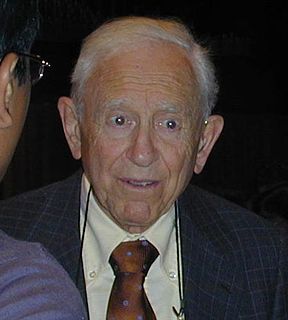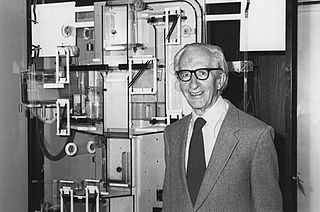A Quote by Paul Krugman
When depression economics prevails, the usual rules of economic policy no longer apply: virtue becomes vice, caution is risky and prudence is folly.
Related Quotes
Economists get very uncomfortable when you talk about virtue and vice. It doesn't lend itself to a lot of columns with numbers. But I would argue that there are big virtue effects in economics. I would say that the spreading of double-entry bookkeeping by the Monk, Fra Luce de Pacioli, was a big virtue effect in economics. It made business more controllable, and it made it more honest.
From the Great Depression, to the stagflation of the seventies, to the current economic crisis caused by the housing bubble, every economic downturn suffered by this country over the past century can be traced to Federal Reserve policy. The Fed has followed a consistent policy of flooding the economy with easy money, leading to a misallocation of resources and an artificial 'boom' followed by a recession or depression when the Fed-created bubble bursts.
[Prudence] is the virtue of that part of the intellect [the calculative] to which it belongs; and . . . our choice of actions will not be right without Prudence any more than without Moral Virtue, since, while Moral Virtue enables us to achieve the end, Prudence makes us adopt the right means to the end.
If a man of good natural disposition acquires Intelligence [as a whole], then he excels in conduct, and the disposition which previously only resembled Virtue, will now be Virtue in the true sense. Hence just as with the faculty of forming opinions [the calculative faculty] there are two qualities, Cleverness and Prudence, so also in the moral part of the soul there are two qualities, natural virtue and true Virtue; and true Virtue cannot exist without Prudence.


































